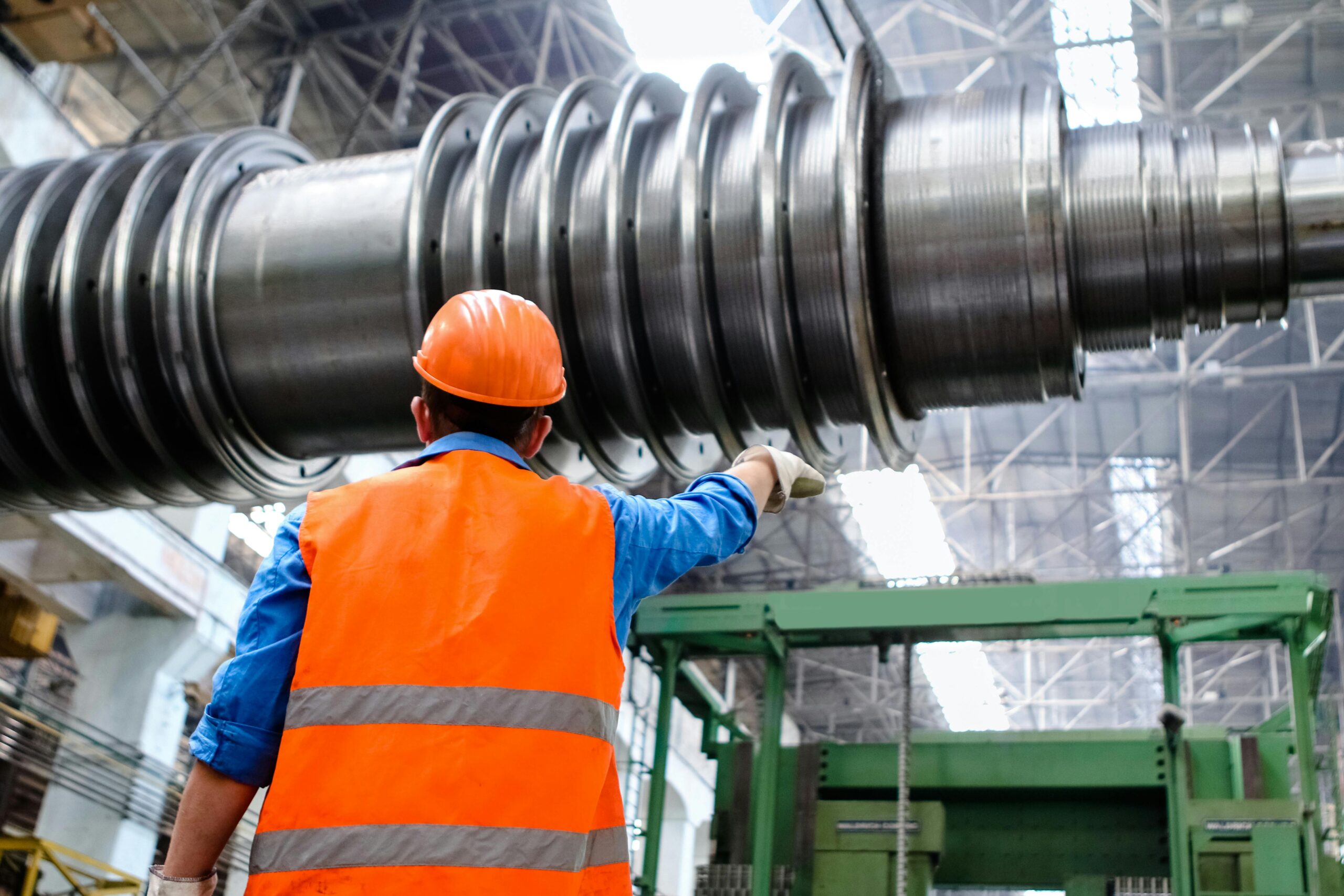
Amy 06/17/2025
A ring die pellet mill is a large-scale industrial machine used to convert powdered or fibrous materials (like wood chips, sawdust, straw, biomass, animal feed) into compact cylindrical pellets. Inside, a ring-shaped die with multiple holes is fitted with rollers. The raw material is fed into the die and compressed through the holes, forming consistent pellets that are then cut to length.
Ring die pellet mills are widely used in:
Biomass energy production: Produce wood pellets for heating, power generation, and industrial fuel.
Feed industry: Manufacture livestock and aquaculture feed pellets.
Waste recycling: Compress agricultural or forestry by-products (like straw, husks) into pellets.
Pharmaceuticals & specialty powders: Produce pelletized forms for controlled-release products.
Raw material prep: Materials are dried and milled to appropriate moisture and granularity .
Feeding & compression: Material enters the inside of the ring die; rollers force it through holes.
Pellet formation: Pressure and friction activate natural binders like lignin to form solid pellets.
Cutting & cooling: External cutters cut pellets to set length; then cooled and screened


High capacity & efficiency: Ideal for large-scale industrial production, yields include 1–2.5 t/h per machine, up to 40 t/h in full setups.
High pellet density & quality: Delivers dense, smooth pellets with fewer fines.
Durability & low energy consumption: Ring dies survive longer and use less energy compared to flat die models.
Versatility: Can process wood, straw, husk, palm fiber, and feed materials.
Customizable: Dies come in various materials and thicknesses to suit corrosive or abrasive raw materials .
| Feature | Flat Die | Ring Die | Vertical Ring Die | Horizontal Ring Die |
|---|---|---|---|---|
| Structure | Simple design | Complex design | Vertical orientation | Horizontal orientation |
| Capacity | Low (small-scale) | High | Moderate to high | High |
| Lifespan | Shorter | Long | Long | Long |
| Efficiency | Lower | High | Very high (~99% yield) | High (variable length) |
| Speed | - | - | Lower RPM | Higher speed |
| Material Suitability | General materials | General materials | Fibrous materials (straw) | Sticky/wet materials |
| Maintenance | Easy | Moderate | Easier access | Easier cleaning |
If you’re planning to start pellet production, consider:
Professional pellet machine manufacturer. ISO/CE certified, exporting to 50+ countries worldwide. Reliable biomass solutions.
Copyright by 2025 Wizard Machinery Co., Ltd. All rights reserved.